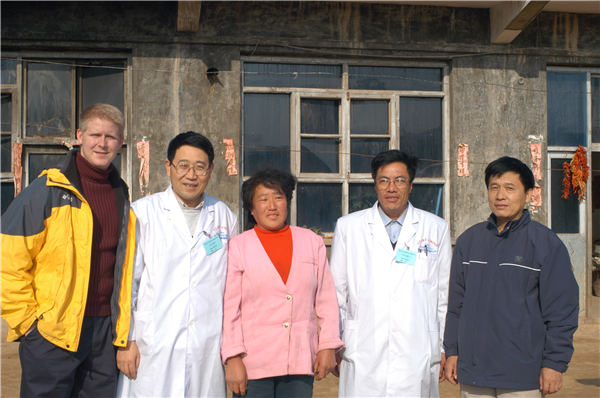The war hero in the fight against cancer
By Wen Chihua | China Daily | Updated: 2018-09-01 09:15

As a scientist in public health, Qiao knows that a country should have a clear map of what causes certain kinds of cancer in order to keep the disease under control. All China had back then was a cancer chart made in the 1980s, leaving it far behind the rest of the world in cancer prevention.
"Coming home to work offered me a chance to greatly improve China's cancer prevention," he said.
Over the past 20 years, Qiao and his team have conducted numerous investigations on cancer epidemiology and created the country's first map of attributable causes of cancer in China.
In 2017, based on his team's eight-year clinical trials, two preventive vaccines against cervical cancers - US-made Gardasil and UK-made Cervarix - became available in China.
He has also been urging the Chinese government to follow Australia's initiative of offering free HPV vaccines to girls aged 12 to 13 and catch-up programs for women under 26, which have proved effective in the prevention of cervical cancer.
"It's reasonable to say that the vast majority of Chinese women would still not be able to access the vaccine if not for the efforts of Qiao and his team," says Wu Yanping, a former colleague of Qiao.
Due to his contributions to exploring cervical cancer screening methods suitable for the low-resource countries, Qiao was conferred the 2011 IARC Medal of Honor by the World Health Organization and the 2018 Pearline Global Cancer Research Humanitarian Award by the US National Cancer Institute/National Institutes of Health.
"Qiao is a man who has the country and people in his heart," says Zhang Xi, a student of Qiao who now works at the Peking University Cancer Hospital.
"I'm proud to have been his student. I want to be a scientist like him."
























